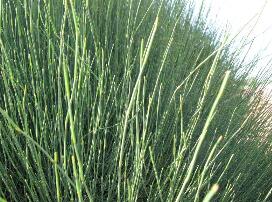Free&News

Side Effects Raise Flag on Dangers of Ephedra 3
In testing 19 ephedrine-based supplements, Dr. Gurley said, he found wide variations in alkaloid content. Some products contained significantly less of the active ingredients than listed on the label, some significantly more.
Two years ago, in response to reports of adverse reactions, the Food and Drug Administration proposed restricting doses of ephedra to 8 milligrams at a time and 24 milligrams a day, and prohibiting the addition of caffeine to ephedrine products. (The American Herbal Products Association, a trade organization that sets standards and guidelines for the diet supplement industry, recommends that dosages not exceed 25 milligrams, or 100 a day; a Metabolife pill has 12 milligrams, according to the label.)
After a lobbying effort by the diet supplement industry, a Congressional subcommittee aked the General Accounting Office to investigate the research behind the F.D.A.’S proposal. In August, the accounting office issued a report assailing the agency’s findings as sloppy science. “The F.D.A. needs to provide stronger evidence on the relationship between the intake of dietary supplements containing ephedrine alkaloids and the occurrence of adverse reactions,” the report said.
In an interview, Michael Ellis, the chief executive of Metabolife and a board member of the American Herbal Products Association, strongly defended ephedrine-based supplements. With millions of people taking ephedrine each year, Mr. Ellis argued, a few cases of adverse effects are to be expected. “Everything carried risk.” He has urged the F.D.A. to appoint a working group of scientists, consumers, herbalists and industry representatives to develop new guidelines for dietary supplements containing ephedra and other herbs.

International acupuncture education






